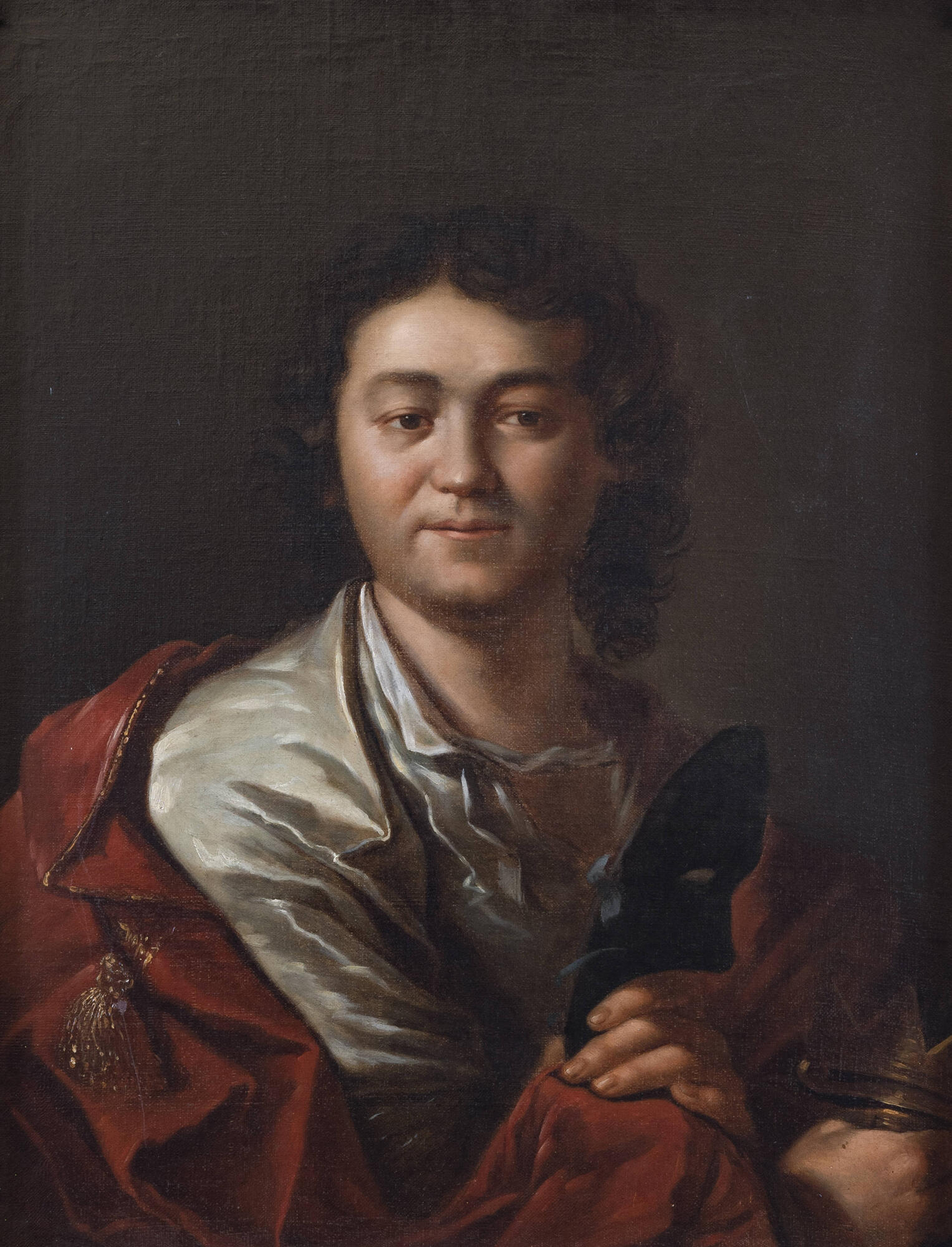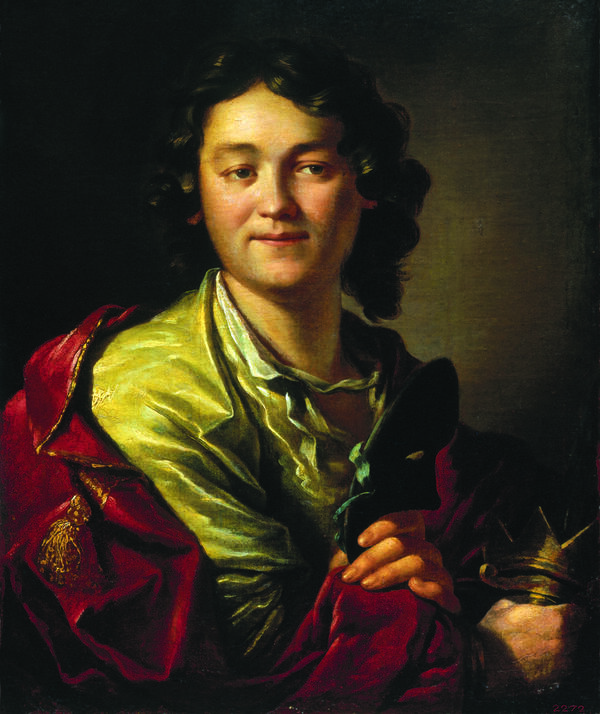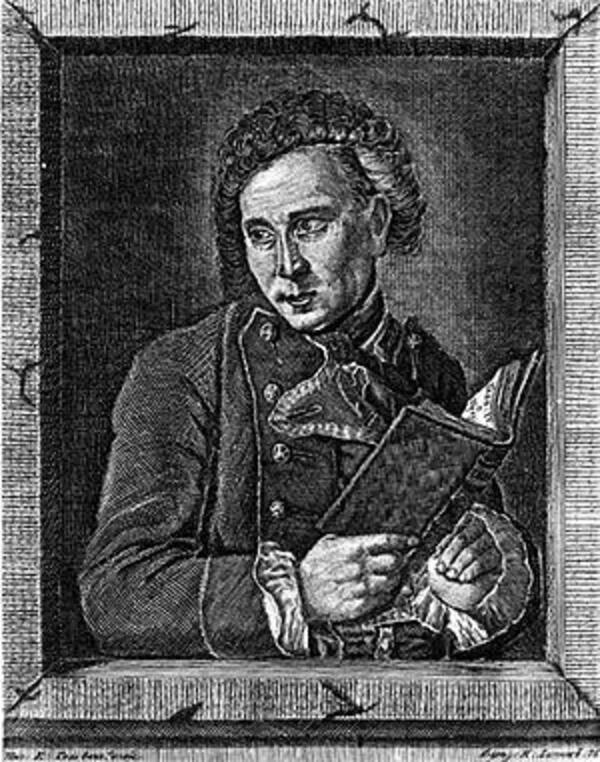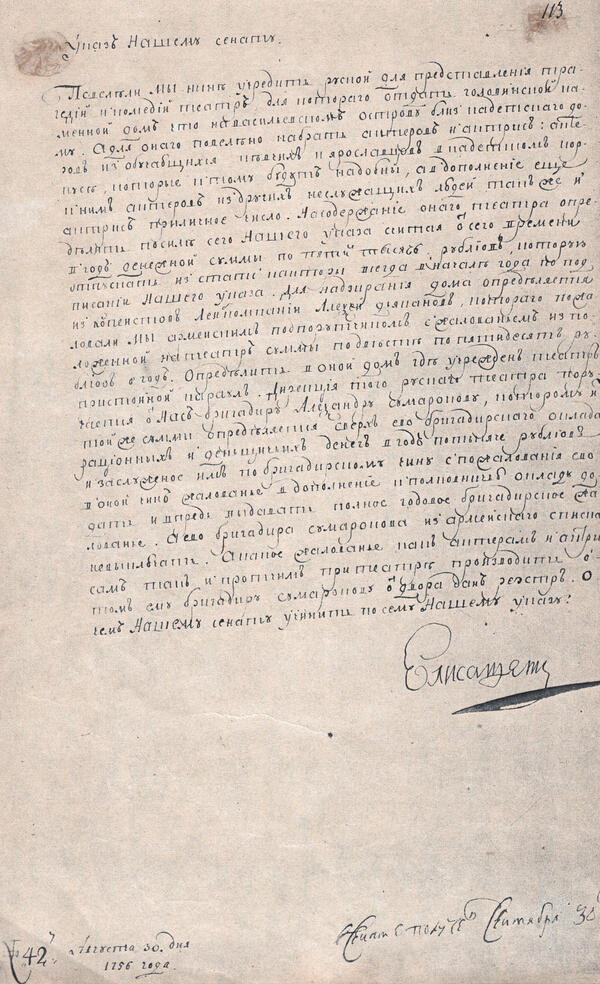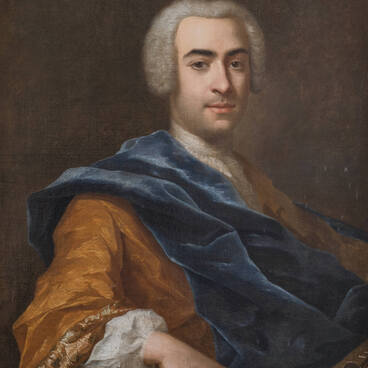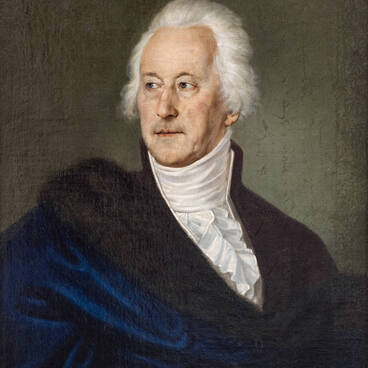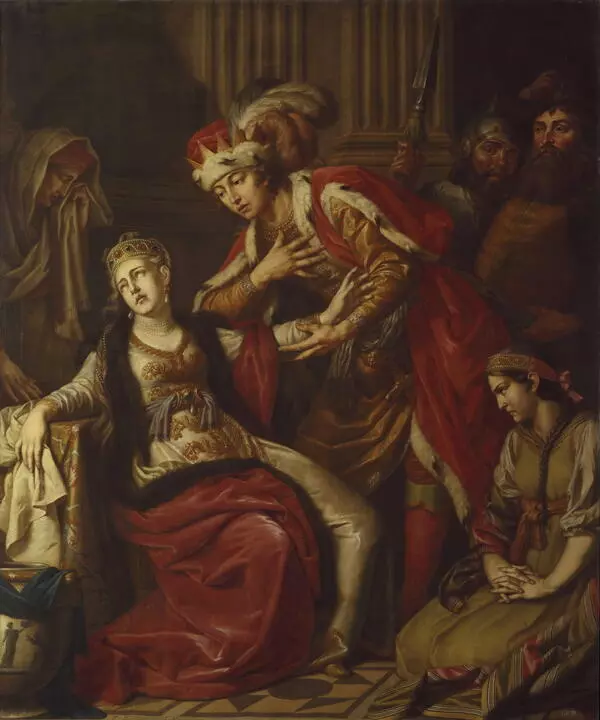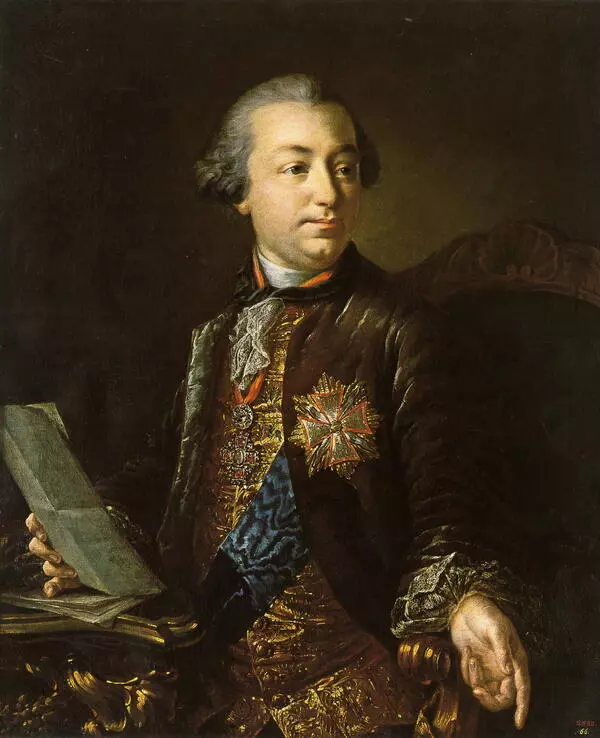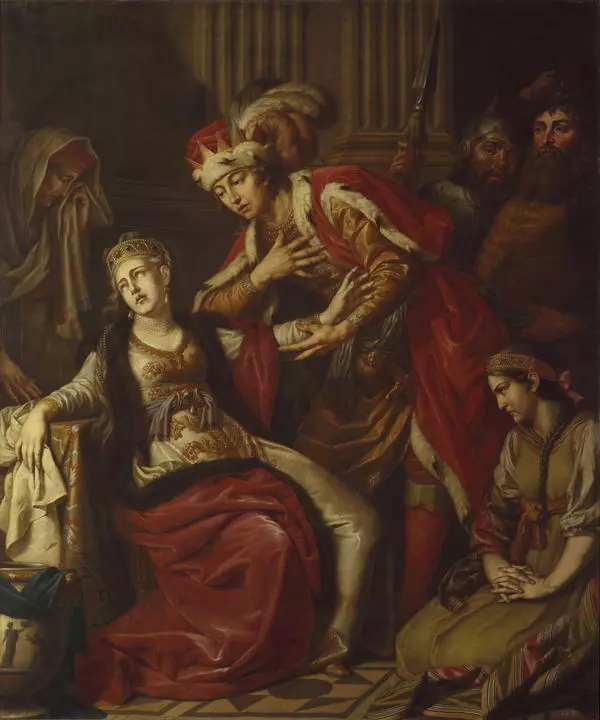The actor and theater worker Fyodor Volkov (1729–1763) played a significant role in establishing the permanent Russian theater. He was first introduced to the concept of theater at the age of twelve when he attended the performances staged by the students of the Slavic-Greek-Latin Academy in Moscow. Twenty years later, Volkov organized a theater troupe in his native town of Yaroslavl. A wooden building to accommodate the actors was built on the Volga bank, and on January 7, 1751, it hosted its first show — the tragedy “Khorev” by Alexander Sumarokov.
The Yaroslavl theater was the first public theater in Russia. The troupe consisted of Fyodor Volkov himself, his brothers Grigory and Gavrila, the local deacon’s son Ivan Dmitrevsky, a barber Yakov Shumsky and other theater enthusiasts. The rumors of the actors’ talent reached the capital, and Volkov’s theater troupe was summoned by Empress Elizabeth to perform at her court.
The performances were a success: Fyodor Volkov was graciously welcomed by the empress, and a precious ring was bestowed upon Alexander Sumarokov. All of the actors were invited to stay at court and were sent to get an education at the Szlachta Corps, where they studied various sciences, foreign languages, dance, and recitation. After four years of education, they became professional actors.
On August 30, 1756, Empress Elizabeth issued a decree on the establishment of the first permanent Russian public theater “for staging tragedies and comedies.” Alexander Sumarokov became the theater’s director, and Fyodor Volkov was appointed “the first Russian actor.” It is known that Volkov wrote fifteen plays, however, none has survived to this day.
Fyodor Volkov’s last project was the staging of a grandiose event — a masquerade “Minerva Triumphant” that took place in the streets of Moscow and lasted a whole weekend. The occasion for the celebrations was the coronation of Empress Catherine II in Moscow. Volkov wrote the script and directed the processional staging where actors portrayed various vices and virtues.
The contemporaries mentioned the versatility of Fyodor Volkov: the actor wrote solemn odes, played musical instruments, composed music, and designed sets for performances. Gavriil Derzhavin, Nikolay Novikov, and Denis Fonvizin admired Volkov’s inquiring mind and vast personality. In 1762, Fyodor Volkov was elevated to nobility in gratitude for his achievements.
The Yaroslavl theater was the first public theater in Russia. The troupe consisted of Fyodor Volkov himself, his brothers Grigory and Gavrila, the local deacon’s son Ivan Dmitrevsky, a barber Yakov Shumsky and other theater enthusiasts. The rumors of the actors’ talent reached the capital, and Volkov’s theater troupe was summoned by Empress Elizabeth to perform at her court.
The performances were a success: Fyodor Volkov was graciously welcomed by the empress, and a precious ring was bestowed upon Alexander Sumarokov. All of the actors were invited to stay at court and were sent to get an education at the Szlachta Corps, where they studied various sciences, foreign languages, dance, and recitation. After four years of education, they became professional actors.
On August 30, 1756, Empress Elizabeth issued a decree on the establishment of the first permanent Russian public theater “for staging tragedies and comedies.” Alexander Sumarokov became the theater’s director, and Fyodor Volkov was appointed “the first Russian actor.” It is known that Volkov wrote fifteen plays, however, none has survived to this day.
Fyodor Volkov’s last project was the staging of a grandiose event — a masquerade “Minerva Triumphant” that took place in the streets of Moscow and lasted a whole weekend. The occasion for the celebrations was the coronation of Empress Catherine II in Moscow. Volkov wrote the script and directed the processional staging where actors portrayed various vices and virtues.
The contemporaries mentioned the versatility of Fyodor Volkov: the actor wrote solemn odes, played musical instruments, composed music, and designed sets for performances. Gavriil Derzhavin, Nikolay Novikov, and Denis Fonvizin admired Volkov’s inquiring mind and vast personality. In 1762, Fyodor Volkov was elevated to nobility in gratitude for his achievements.
